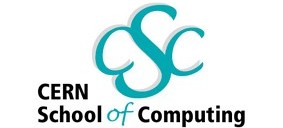|
This lecture
series will provide an introduction to advanced data analysis
techniques developed in computer science and their current or
potential applications in High Energy Physics.
The lectures
will cover basic topics of Machine Learning Techniques and
detailed discussions of how to prepare data, how to extract
meaningful attributes, and how to evaluate algorithms
performance.
Artificial
Neural Networks and their current status in High Energy Physics
will be presented as an example of a technique becoming more and
more common in this field. Other state of the art algorithms
such as Support Vector Machines and new developments in
Evolutionary Computation will also be introduced and their
prospects in High Energy Physics will be discussed. |

